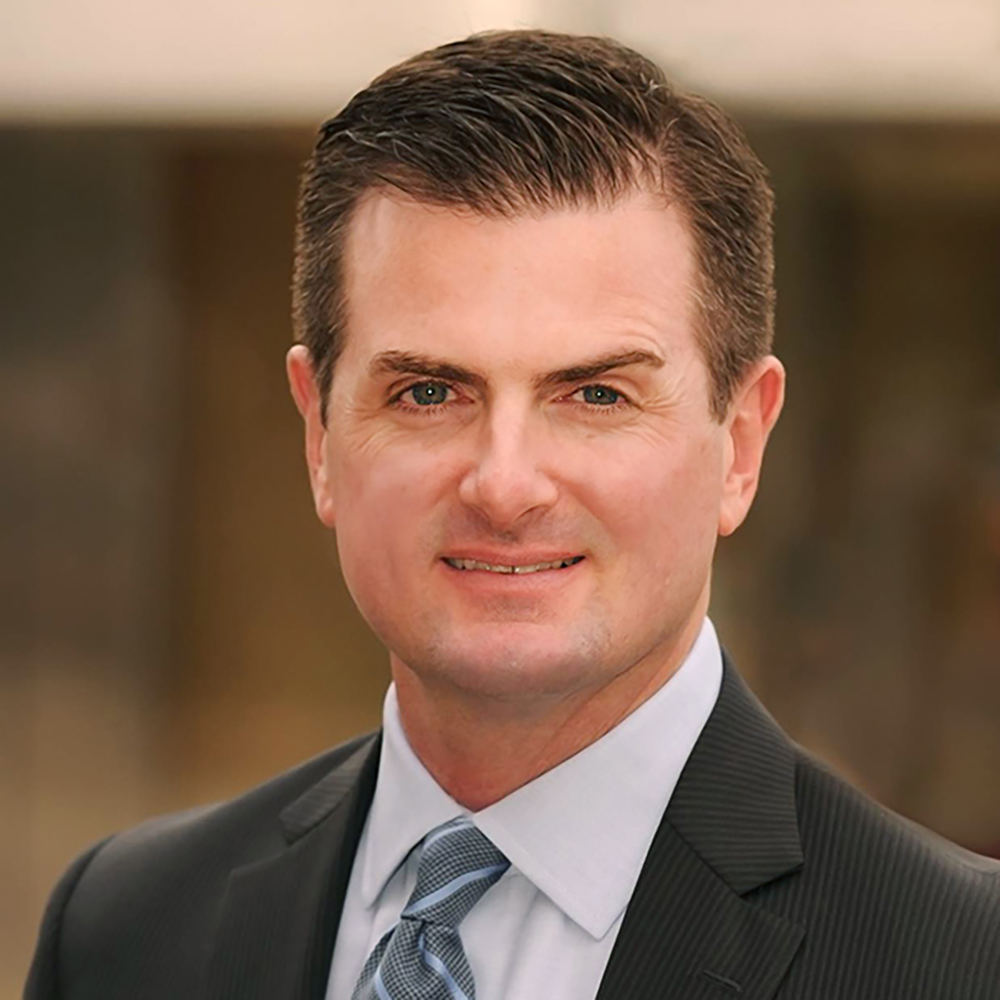Could be. Whose word do you take for it?
What started as seemingly simple state legislation hailed as good for Texas businesses is drawing skepticism from legal experts and outrage from advocates worried it would strike employment protections and benefits for LGBTQ workers.
As originally filed, Senate Bill 15 by state Sen. Brandon Creighton, R-Conroe, would have prohibited cities from requiring that private companies offer paid sick leave and other benefits to their employees. It also created a statewide mandate preventing individual cities and counties from adopting local ordinances related to employment leave and paid days off for holidays. But it made clear that the bill wouldn’t override local regulations that prohibit employers from discriminating against their workers.
Yet, when Creighton presented SB 15 to the Senate State Affairs Committee, he introduced a reworked version — a last-minute move, some lawmakers said, that shocked many in the Capitol.
Among its changes: A provision was added to clarify that while local governments couldn’t force companies to offer certain benefits, business could do so voluntarily. But most notably, gone was the language that explicitly said the potential state law wouldn’t supersede local non-discrimination ordinances.
There’s widespread debate about what the revised language for the bill means. And the new version has left some legal experts and LGBTQ advocates concerned. Axing that language, they say, could undermine the enforceability of local anti-discrimination laws and allow businesses to selectively pick and choose which of its employees are eligible to receive benefits that go beyond monetary compensation.
“You could see an instance where an employer wanted to discriminate against employees who are in same-sex marriages and say, ‘Well, I will offer extra vacation time or sick leave to opposite sex couples, but I won’t offer those benefits if it’s for a same sex couple,” said Anthony Kreis, a visiting assistant professor at Chicago-Kent College of Law.
A spokesperson for Creighton said SB 15 was filed strictly as a response to local governments — like Austin and San Antonio — imposing “burdensome, costly regulations on Texas private businesses.”
“The bill is limited to sick leave, predictive scheduling and benefit policies,” Erin Daly Wilson, a spokesperson for the senator, said in a statement to The Texas Tribune. “The pro-business climate in Texas is something we have worked hard to promote, and need to protect.”
The anti-sick leave stuff is a bunch of BS to begin with, but it doesn’t address the core question. Does the wording of this bill undermine protection for LGBTQ employees that have been granted via local ordinances? Equality advocates think it may be interpreted that way.
“Millions of people are covered by nondiscrimination protections at the local level (and) stand to have those protections dramatically cut back,” said Cathryn Oakley, the state legislative director and senior counsel at the Human Rights Campaign.
[…]
When touting the legislation at business events, Abbott has focused on the paid sick leave aspect, saying such policies should be discretionary and not mandated by local government.
David Welch, a Houston resident and leader of the Texas Pastor Council, says the bill would create a uniform standard for businesses across the state.
“SB 15 is one step in reversing the continued march toward unequal rights with a hodgepodge of laws throughout hundreds of cities and counties having different laws, language and enforcement,” Welch said in a statement.
The council — which was a backer of the so-called bathroom bill last session — sued the city of Austin over its anti-discrimination ordinance in 2018.
Jessica Shortall, with the business coalition Texas Competes, said the group is still trying to understand the revised bill’s potential effect on cities’ anti-discrimination ordinances. Early analysis of the changes, Shortall said, suggest the “best case scenario is confusion, and worst case is opening a door” to eroding the local ordinances.
Equality Texas has highlighted SB15 as a threat. Who are you going to believe, the people on the sharp end of bills like this, or the people who have made it their life’s work to discriminate against LGBTQ people but are now trying to pretend that this bill they support has nothing to do with their ongoing crusade? If SB15 passes, how long do you think it will take the likes of Welch to file lawsuits to overturn other cities’ non-discrimination ordinances on the grounds that they are in conflict with it? Just look at the never-ending Pidgeon lawsuit for an example. These guys will never quit, and they will take every opening given to them. SB15 sure looks like an opening to me.
Creighton doesn’t intend to add the disclaimer back in at this time. But Rep. Craig Goldman, the Fort Worth Republican who is carrying the House’s companion bill, said he has no intention of stripping the clause reassuring cities their LGBT protections won’t be axed.
Fine by me if this is a point of dispute. Erica Greider has more.


If you mandate paid sick leave, then employers will have to reduce their hourly or base pay rate to compensate.
Employers that do give paid sick time have already figured that into their compensation structure.
As to the weird gblt angle, this mythical ultra bigoted employer wouldn’t have hired a gay employee anyway, so the point is moot.